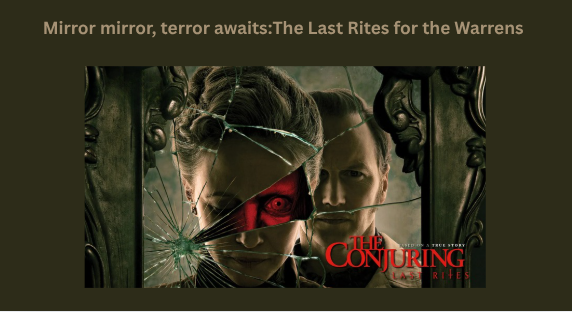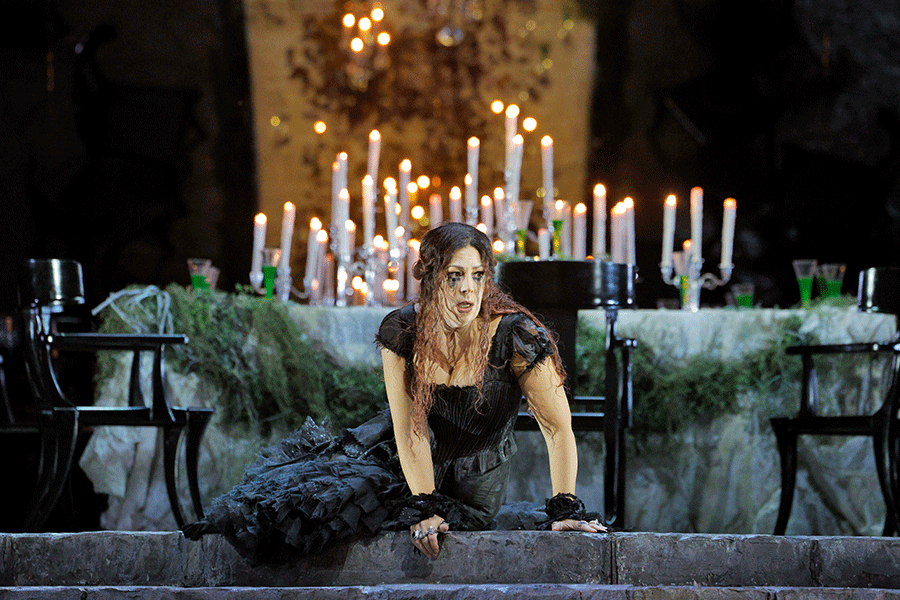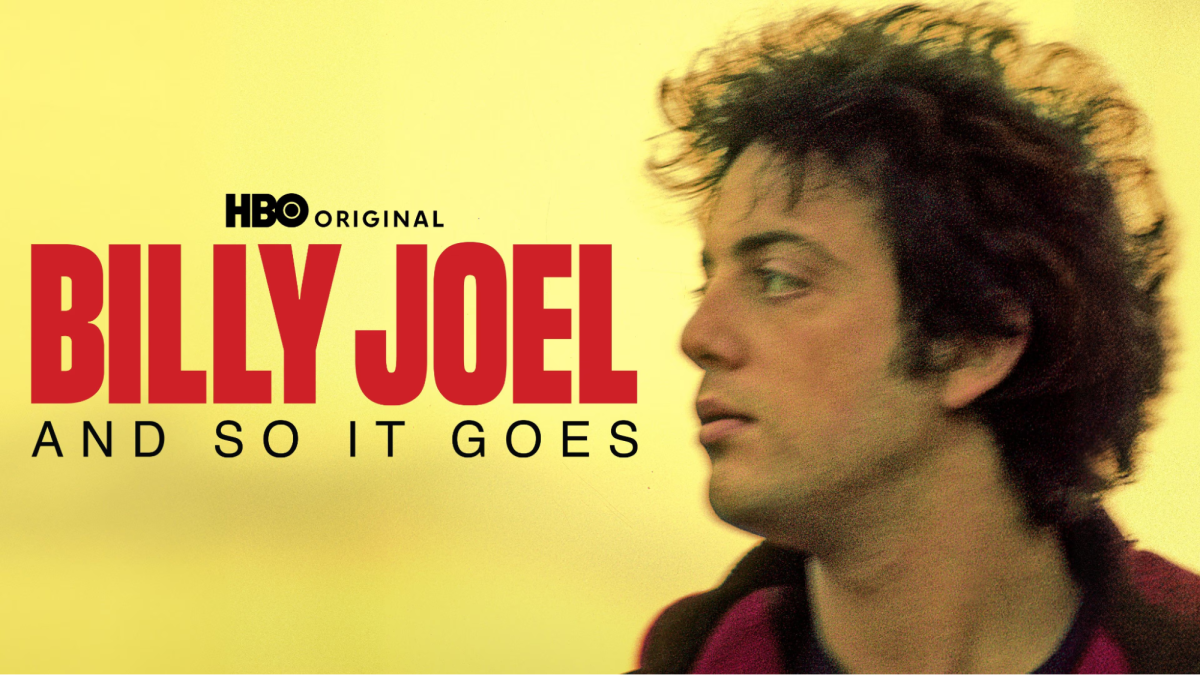I’m not a music critic. I can’t distinguish an 808 from a bass line, or a synth from a melody. But, I know something is interesting when I hear it. I know when a piece of music is so boundary pushing that it creates an overpowering sense of intrigue.
That is how I felt about Yeat’s 2093. After following Yeat’s career for three years, 2093 marked a clear culmination of his artistic growth, a deeply unique dystopian soundscape of electronic, rock, and rap coupled with his most nuanced lyrical work to date. “Experimental” is thrown around often, but there was a work of art truly unlike anything before it.
Yet, naturally, it was met with mixed reception, and that has been the context for his follow-up, Lyfestyle. In many ways, it is a return to form, shifting back towards his traditional instrumentation and song structure. But not only does he revert to the “rage” sound of his previous projects, but he offers a diluted version, and a complete regression. Lyfestyle is a fleeting listen, almost entirely bankrupt of creativity and memorability.
Yeat’s high-volume output and unmatched work ethic has been one of his finest qualities, but this album simply needed more time in the oven. Albeit, it is not without its highlights. “BE QUIET” stands out as the most infectious song on the project, with a refreshing rendition of the piano beat and a terrific guest verse from Kodak Black. “GO2WORK”, “LYFESTYLE”, “NEW HIGH”, each with a feature from Summrs, Lil Durk, and Don Toliver respectively, work with Yeat’s magnetic chemistry. “THEY TELL ME” and “HEARD OF ME” offer ambient, spacey instrumentals that are eversolid even if generic.
There is some gratification to be found in Lyfestyle for Yeat fans and newcomers alike, but it is a resoundingly disappointing album, and an absolute wrong turn.









